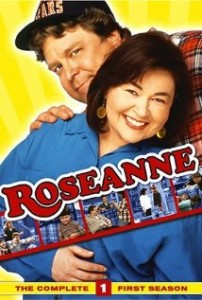It’s a strange verb, to grow. Usually we talk about things or people growing intransitively — ie. without an object. “The size of the crowd grew.” “She has grown so tall.” “The government’s power is growing.” There’s really no limit to what can grow, on its own, in an intransitive sense. However, when it comes to using the verb transitively — ie. when we’re talking about “growing something“, rather than seeing it grow under its own steam, then most bets are suddenly off: we only grow transitively when we’re referring to natural, living things. We grow plants, flowers and our own food; we grow beards, and our hair; we even grow pot-bellies — whether we like it or not. But it’s only recently that the transitive use of the verb itself has begun to grow: now embracing inanimate objects and abstract items, grow is beginning to mean “expand” — and you can grow anything from your circle of friends to an economy or an international corporation’s revenue (whereas before they grew only intransitively). The New York Times Manual of Style and Usage advises against this growing trend of growing anything unnatural transitively: “The newer usage of grow to mean expand (grow the business; grow revenue) is business jargon, best resisted.”
Disappear is another dodgy suspect when it comes to its transitive use. Continue reading











